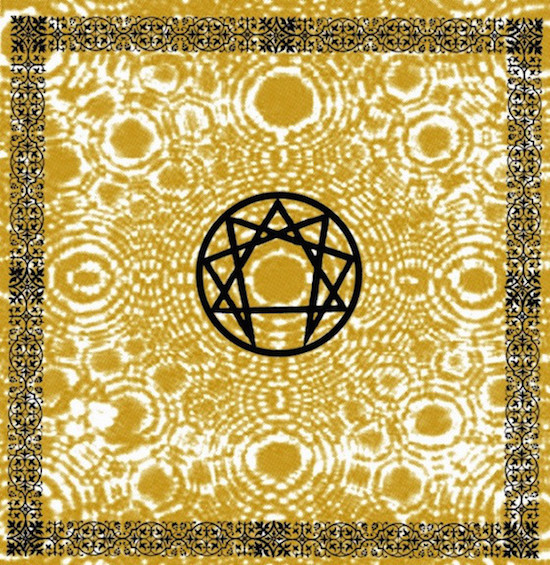11. G.I. GurdjieffImprovisations

This is one of the more recent discoveries on the list for me. G.I. Gurdjieff is a name that I’ve heard thrown around a lot, but I probably only really got into this record in the last five years or something like that when I actually started learning more about him and hearing these recordings. I took this seminar on music and ecstasy, which was really interesting. We went over a lot of sacred and secular music and I ended up writing a paper on Gurdjieff, specifically on his Fourth Way teachings. I was listening to all of his catalogue because he produced so much music and so many different types of music, including piano music and more like chamber-style music.
Maybe it’s because these improvisations are more keyboard or harmonium-based that I can relate to them a little more from a performance perspective. Being somebody who’s interested in production and records, it maybe is a bit counterintuitive for me to be that drawn to something that’s so raw. It literally sounds like you’re just in his house and he’s just sat down next to you playing his organ. Maybe that’s something that I hear that I want to strive more toward in my music to break away from it needing to be so closely worked on and give it that air of happening in a moment. I want that quality to come across especially in the recording, as well as in the way that I actually make tracks because almost everything that I work on starts from improvisation. I very rarely actually write something, so listening to this record reminds me that I can just let go and play something without working on it for five days or whatever.
You mentioned Gurdjieff’s Fourth Way teachings and spirituality was a central part of what he did. Do you look to music in a similar way as having this healing, spirituality quality?
I feel like all kinds of music can do that. There tends to be this way of thinking about music that leans towards instrumental or ambient music being more meditative or calming and therefore better for these kinds of things. But I think a lot of people don’t realise that maybe they can have these healing experiences when – it sounds cheesy – the mind and the body, and artistic or creative spirit, kind of come together when they’re listening to any kind of music, even pop music or whatever.


